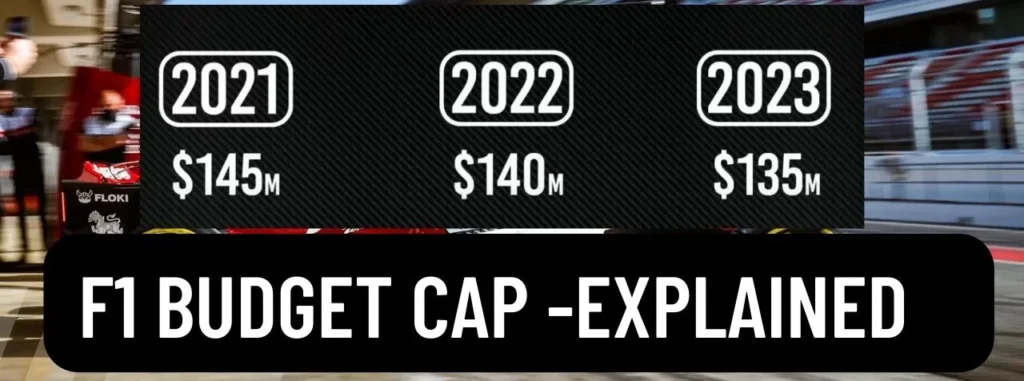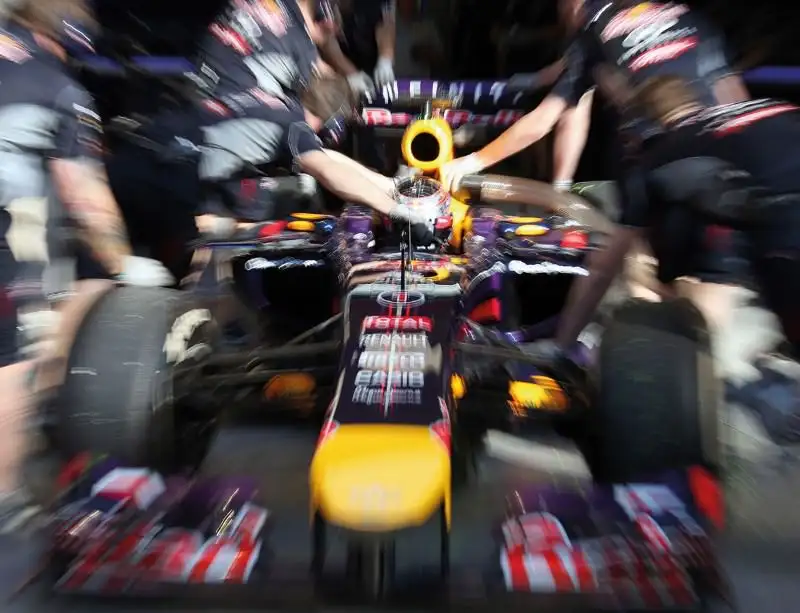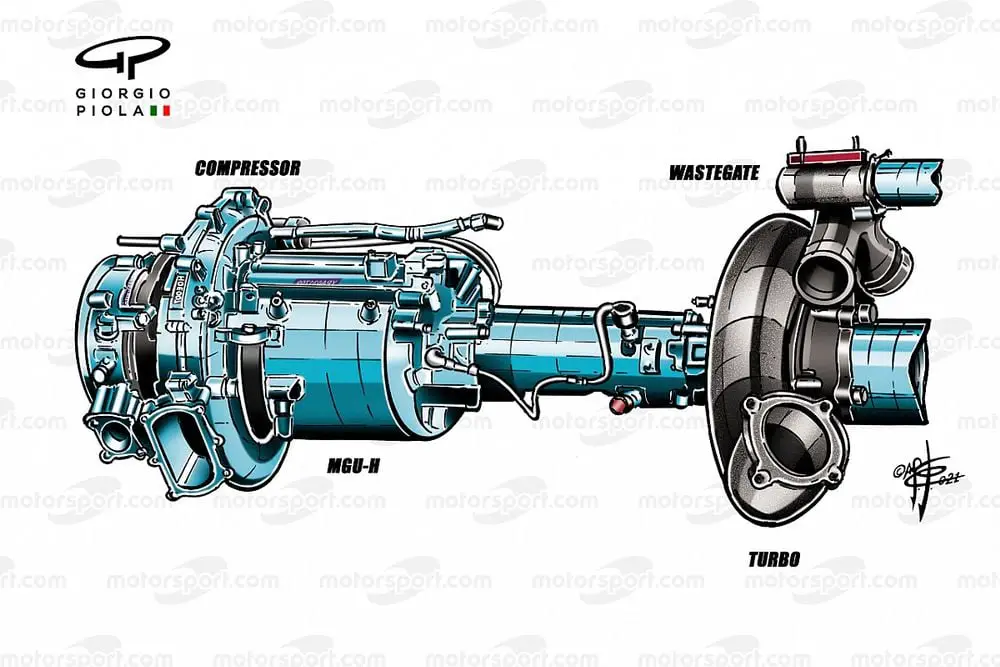Is F1 killing earth?. Formula 1 (F1) is the highest class of international racing for open-wheel single-seater formula racing cars. It is sanctioned by the Fédération Internationale de l’Automobile (FIA).
It is the ultimate racing challenge, where speed, skill, and technology combine to create a thrilling spectacle of motorsport. Millions of fans around the world watch in awe as the fastest and most advanced cars compete for glory and prestige. They race on the most diverse and demanding tracks.
But behind the glamour and excitement of F1 lies a harsh reality. The sport has a huge environmental impact, contributing to climate change, pollution, and waste. F1 is facing a critical moment: can it continue to deliver its high-octane entertainment without compromising the health of the planet?
The answer is yes. F1 is aware of its environmental responsibility. It is committed to taking action to reduce its impact and become more sustainable. The sport has set an ambitious target of being Net Zero Carbon by 2030. F1 has launched various initiatives and actions to achieve it.
The sport is also constantly evolving and innovating to find new ways to improve its environmental performance. The goal is to contribute to a greener future. F1 is a sport that cares about the environment, and wants its fans to care too.
In this article, we will explore the challenges and solutions that F1 is facing. They are implementing huge changes to make the sport more environmentally friendly.
Is F1 killing Earth? – The Impact of F1 on the Environment

F1 cars emit large amounts of carbon dioxide (CO2), a greenhouse gas that contributes to climate change.
They also consume a lot of fuel, and waste management is a significant issue at races and in team factories. The construction of F1 tracks has been known to cause deforestation in some areas. The air and noise pollution can also be a concern.
F1’s driving activities produce approximately 256,000 tones of CO2 per year. The logistics of transporting teams and equipment across the globe account for the majority of the sport’s emissions.
The carbon footprint of F1 increases significantly when the emissions generated by fans are included. A gallon of jet fuel creates 21 pounds of CO2 when burned. F1’s transportation activities generate a staggering amount of CO2.
Is F1 killing Earth? The Solutions for F1 and the Environment
F1 is aware of its environmental impact and has taken steps to reduce it and become more sustainable. In 2019, F1 launched its plan to be Net Zero Carbon by 2030. This means that F1 will balance its carbon emissions with carbon removal or offsetting measures. To achieve this goal, F1 has set out various initiatives and actions, such as:
The F1 Budget Cap

In 2021, F1 introduced its first set of financial regulations. They limit the amount of money a team can spend during a calendar year.
The cap was set at $145 million per team for 2021, and reduced to $135 million 2023.
The budget cap does not include certain costs such as driver salaries, marketing expenses, engine costs, and heritage activities.
It will also be adjusted depending on the number of races and the inflation rate. The aim of the cap is to reduce the spending gap between the teams. Hopefully it will create a more competitive and sustainable sport.
Improving F1 Cars Engine Efficiency

F1 has been using hybrid power units (PU) since 2014. This consists of a turbocharged internal combustion engine (ICE) and an energy recovery system (ERS).
The ERS recovers and stores energy from the braking and exhaust systems, and can deploy it as an extra boost of power. The hybrid PU has improved fuel efficiency by 35% compared to previous engines.
Formula One is also working on developing sustainable fuels that are made from bio-waste or synthetic materials, which can reduce CO2 emissions by up to 65% compared to conventional fuels.
F1 Is Reducing Waste And Plastic

F1 has implemented various measures to reduce waste and plastic at races and in team factories. For example,
F1 has reduced single-use plastics inside the paddock and across the circuit venues, with a focus on promoting reusable bottle use and providing plentiful water stations.
F1 also re-uses, recycles or repurposes race weekend materials. Many circuits partner with local food banks and charities to donate surplus food to those in need in the local community.
Supporting Local Communities
F1 has been engaging with local communities around the world to support their social and environmental causes.
For example, F1 has partnered with UNICEF to provide education and hygiene kits to children affected by Covid-19 in Brazil.
F1 has also supported reforestation projects in Australia and Mexico, as well as wildlife conservation efforts in South Africa and Bahrain.
Raising Awareness

F1 has been using its global platform to raise awareness about environmental issues and solutions among its fans and stakeholders.
For example, F1 has launched a sustainability campaign called #WeRaceAsOne, which showcases its efforts and achievements in reducing its environmental impact.
F1 has also collaborated with various partners and experts to promote sustainability initiatives and innovations, such as Santander’s start-up challenge and the FIA Smart Cities Forum.
The Future Of F1 And The Environment
F1 is committed to becoming Net Zero Carbon by 2030, but it also recognizes that there is more to be done to make the sport more environmentally friendly.
F1 is constantly evolving and innovating to find new ways to reduce its impact and contribute to a greener future. Some of the future plans and projects that F1 is working on include:
Is F1 killing Earth? Developing A New Generation Of Engines

F1 is planning to introduce a new generation of engines in 2025, which will be more efficient, powerful, and sustainable than the current ones.
F1 is aiming to use 100% sustainable fuels for the new engines, as well as incorporating new technologies such as hydrogen and synthetic fuels.
Enhancing Track Sustainability
F1 is working with its promoters and circuit owners to enhance the sustainability of its tracks and venues.
The sport is aiming to have all its tracks powered by renewable energy sources, as well as implementing water conservation, waste management, and biodiversity protection measures.
F1 is also exploring the possibility of using recycled materials for track construction and maintenance.
Expanding Fan Engagement
F1 is looking to expand its fan engagement and education on environmental issues and solutions.
It is planning to launch a sustainability app that will allow fans to track their own carbon footprint and learn how to reduce it.
F1 is also planning to create more interactive and immersive experiences for fans at races and online, such as virtual reality, gaming, and e-sports.
Is F1 killing Earth? Conclusion
F1 is a sport that has a significant environmental impact, but it is also a sport that is taking action to reduce it and become more sustainable.
The sport has set an ambitious target of being Net Zero Carbon by 2030, and has launched various initiatives and actions to achieve it.
It is also constantly evolving and innovating to find new ways to improve its environmental performance and contribute to a greener future. F1 is a sport that cares about the environment, and wants its fans to care too.
References
Formula 1 and Global Citizen are racing to eliminate single-use plastic | Formula 1®

